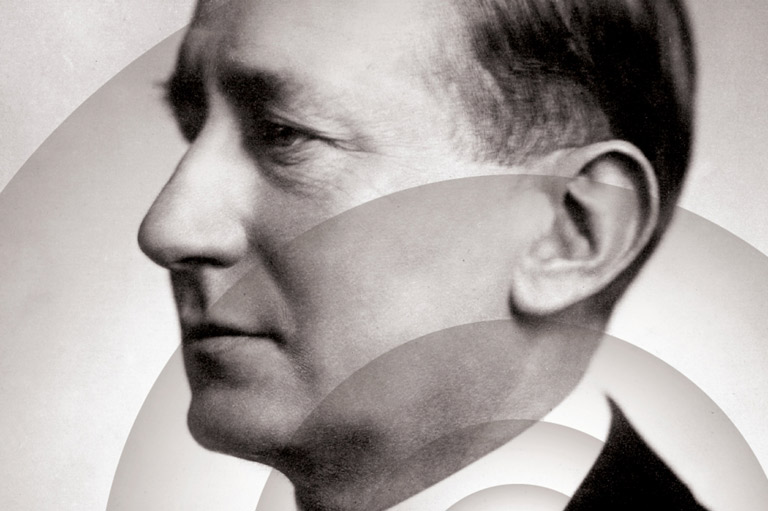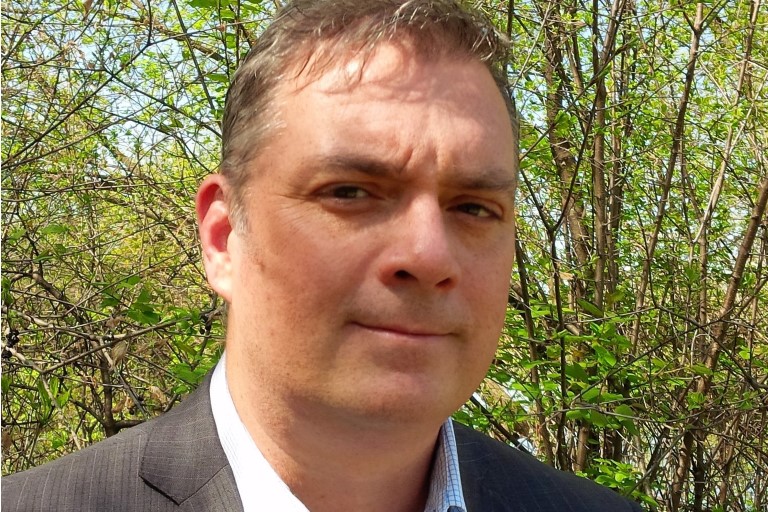Book of a Lifetime
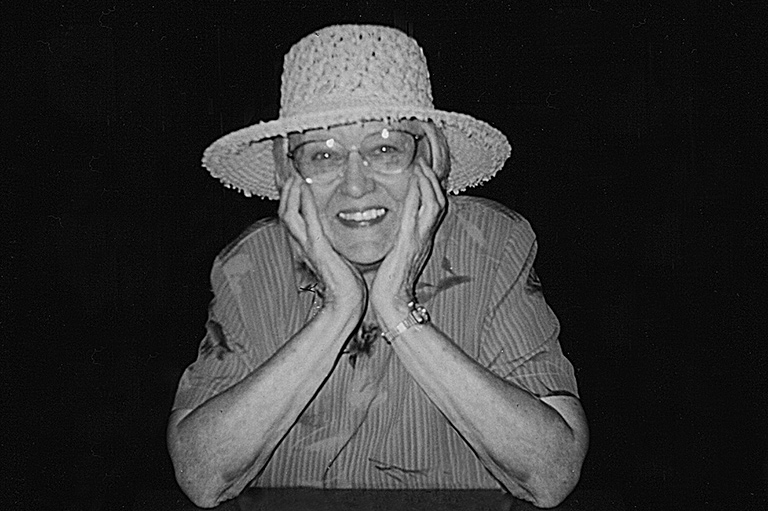
Few people live to be a hundred and beyond. Fewer still are launching books. Amazingly, Kay Parley, who turned 101 on March 19, has done both.
Parley recently published One Woman’s Century: The Collected Essays of Kay Parley, her seventh book. It contains recollections of her remarkable life, which began on the southern Saskatchewan prairie.
Parley is best known for her 2016 book Inside the Mental: Silence, Stigma, Psychiatry, and LSD, which reveals her experience at Saskatchewan’s Weyburn Mental Hospital as a psychiatric patient in the 1940s and, later, as a nurse at the same institution. Her peripatetic career included stints as a schoolteacher, stenographer, and college instructor. Parley also studied drama, broadcasting, and art, wrote books and articles, and created beautiful paintings of scenes from her youth.
Filmmaker Judith Silverthorne, who created a 2019 documentary called Kay Parley: Mind of Her Own, assisted Canada’s History in obtaining Parley’s written responses to the magazine’s prepared questions.
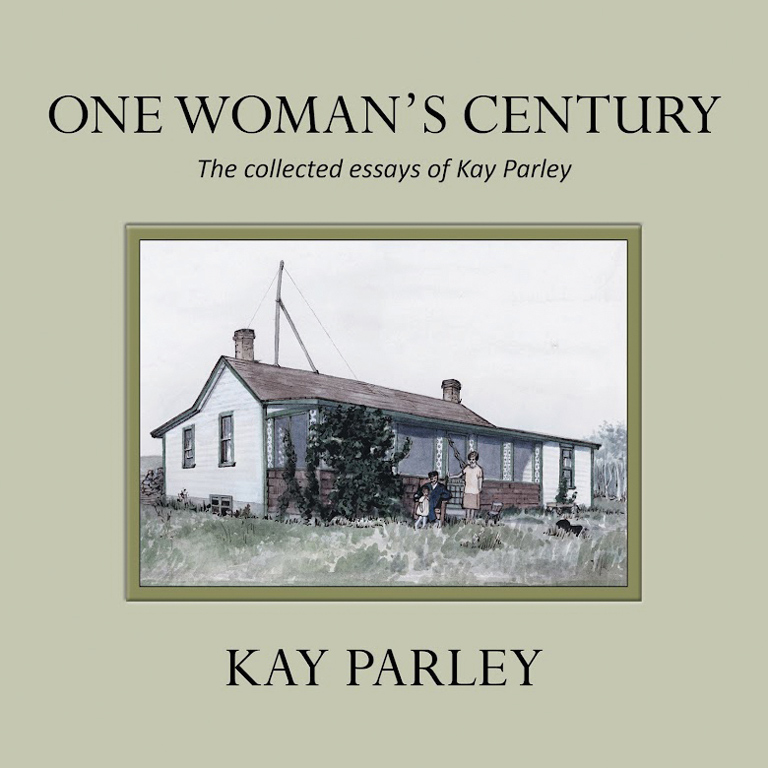
One of your stories is entitled “I washed Elvis Presley’s hair,” and it relates how you spent time in Toronto with a nineteen-year-old Elvis Presley before he was famous. You wrote, “At 31, I was hardly a substitute for his mother but he treated me a bit that way.” What was that like?
I was only twelve years older than Elvis, but it did make me the senior, and I guess I did a bit of tutoring while he was in Toronto. I think I was more of a teacher [to him]. I did give him a few drama lessons.
Who are some other famous people you’ve met?
Writer W.O. Mitchell and anthropologist Francis Huxley; Lorne Greene, Andrew Allan and Mavor Moore, all big names at the CBC in the 1940s; Dr. Humphry Osmond, a world leader in psychiatry in the fifties and Dr. Abram Hoffer, [who was] famous for psychiatric research in the same period.
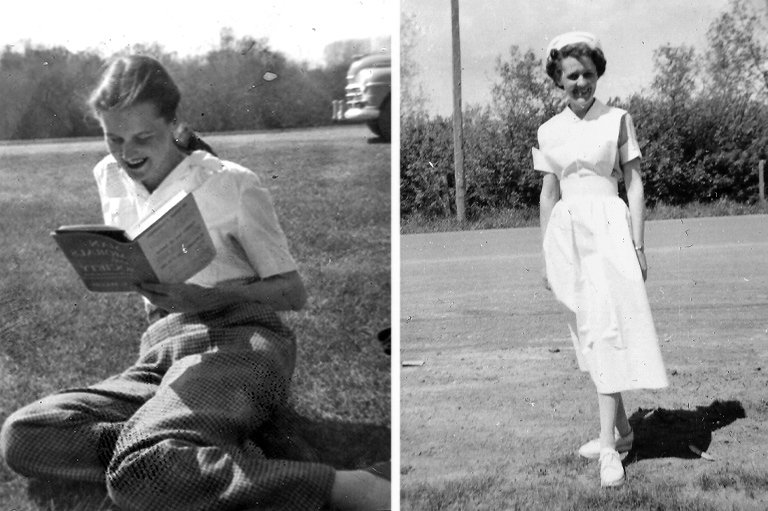
You recovered from a serious mental disorder in the late 1940s without taking medication. What was the key to your recovery?
The answer is simple: I had manic-depressive psychosis, and that consists of self-curing episodes. I would have got well, regardless. ... What treatment [helped me to recover]? I really liked two of my psychiatrists. I know their understanding and encouragement helped me a lot. And … I loved group therapy.
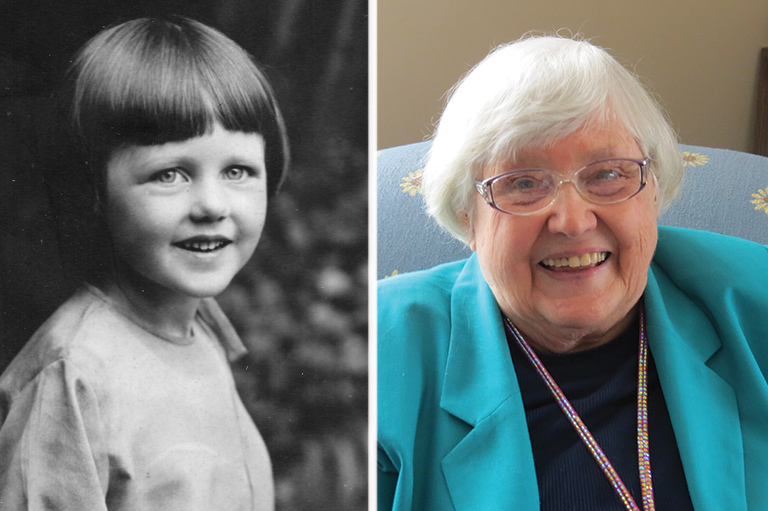
What do you miss most about your early life?
First thought to come to me is nothing. I wouldn’t want to go back. It was cold, demanding, rule-regulated, and, in my case, tragic when my dad took ill. But I do miss the social life, company coming, card parties, croquet on the lawn, singsongs by the parlour organ. ... I miss a great feeling of peace and security that society has lost.
Is there anything you’d like to add?
If you had asked me what is the most important thing in my life, I would have said friends.
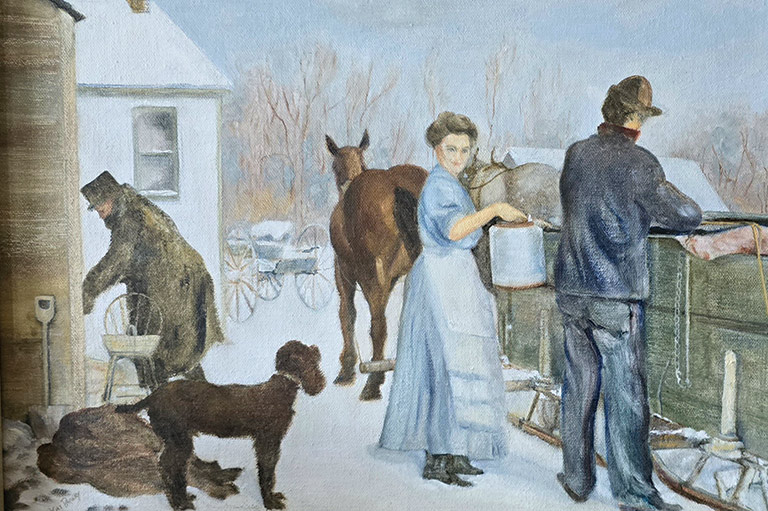
If you believe that stories of women’s history should be more widely known, help us do more.
Your donation of $10, $25, or whatever amount you like, will allow Canada’s History to share women’s stories with readers of all ages, ensuring the widest possible audience can access these stories for free.
Any amount helps, or better yet, start a monthly donation today. Your support makes all the difference. Thank you!
Themes associated with this article
Advertisement
With 7 uniquely curated newsletters to choose from, we have something for everyone.




